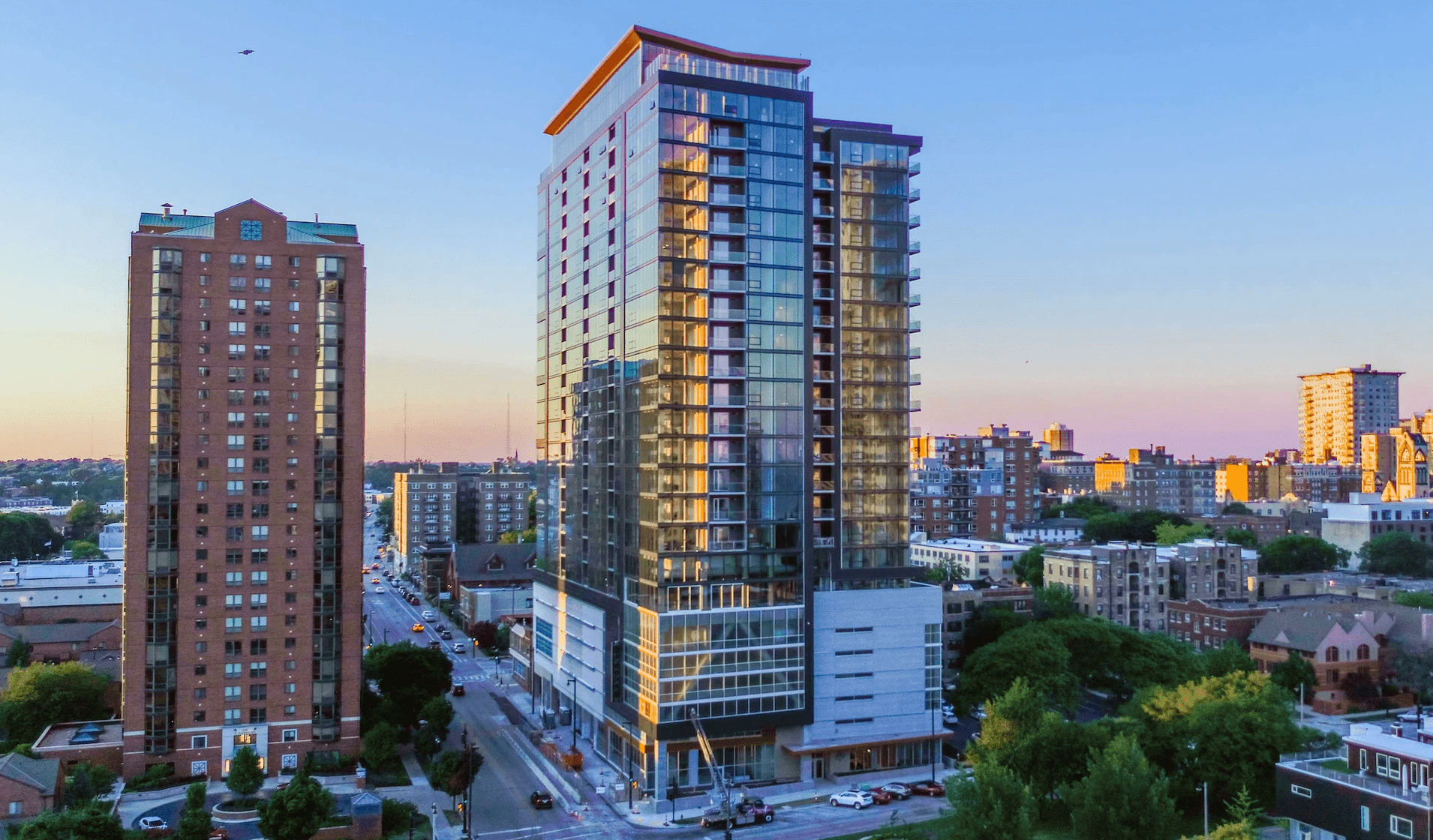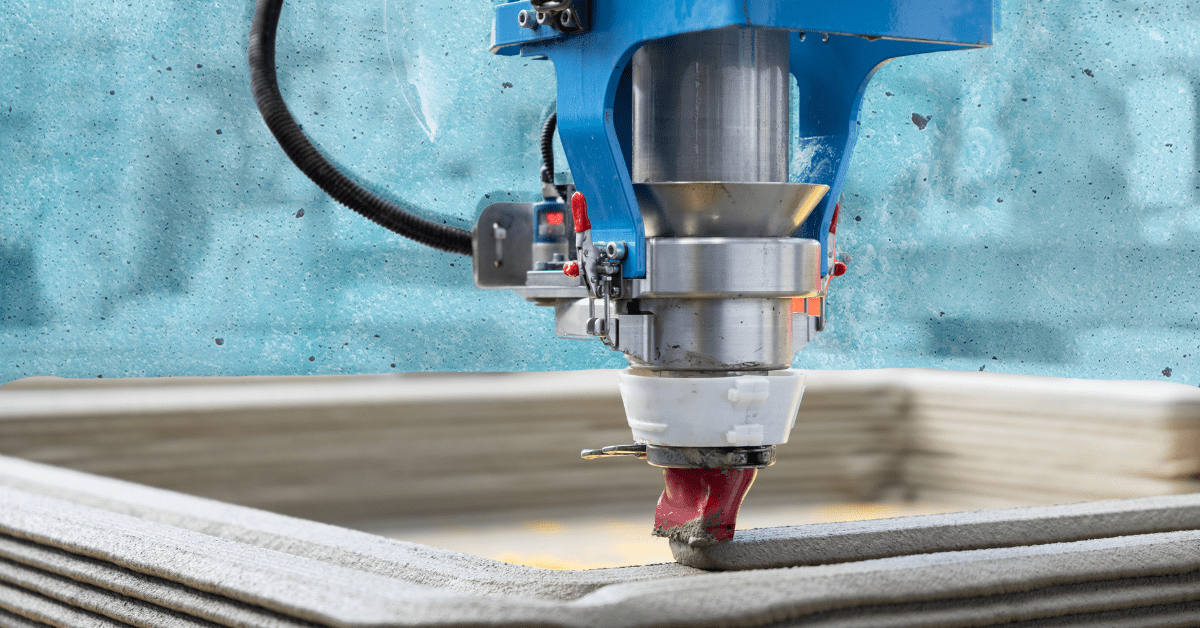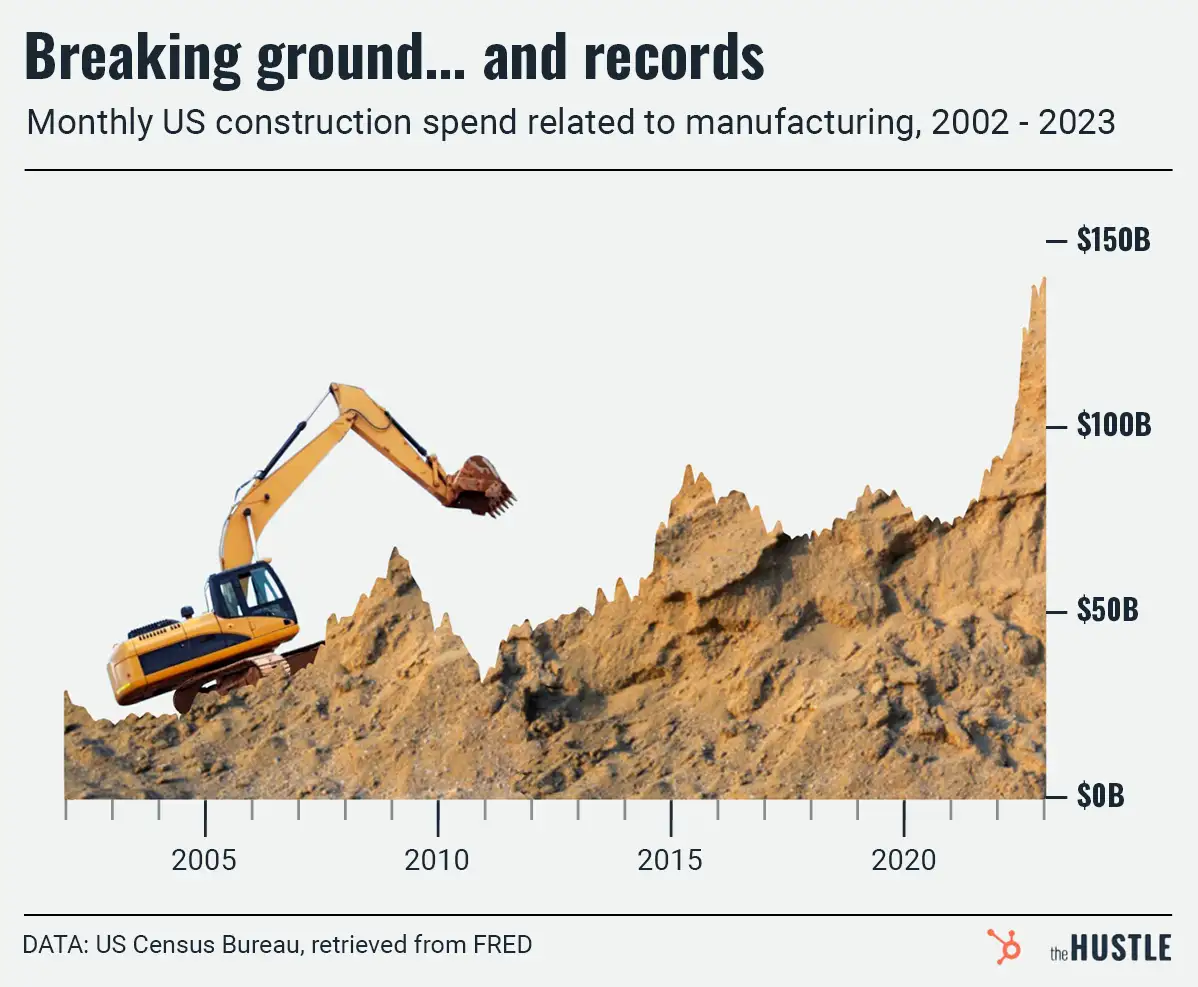Looked into building a home or renovating a home lately? There’s no shame if you went catatonic looking at the price tag.

The overall cost of construction materials today comes in 37% higher than pre-pandemic numbers. Supply chain issues of late surely haven’t helped calm things down.
Though price and supply fluctuations in natural materials aren’t exclusive to this moment in history, there are some uniquely hard times ahead (see: shortage, copper).
All of this is driving some German businesses to try speeding up urban mining’s adoption into the construction mainstream, according to Worldcrunch.
Sounds great… what is it?
Urban mining is the process of retrieving raw materials from waste for reuse.
- And goodness, construction produces a lot of waste — more than one-third of all waste generated in the EU comes from construction and demolition.
It all seems intuitive: When buildings are knocked down or renovated, their materials would be assessed for recyclability, then viable metals, concrete, bricks, etc. would be reused in the project.
But adoption hasn’t gone wide in construction for a few reasons: limited technical know-how, belief in the inferiority of used materials, and high disassembly costs.
Back in Germany…
… builders hope their pilot programs will show a way to clear those hurdles:
- One architect says recycling materials for a new office complex saved eight tons of waste and actually brought costs down.
- A consultant evaluated 465k+ tons of in-use material for a renovation project, finding a loss rate of only 5%-10% in metals and ~20% in concrete.
Regulations could ultimately force builders’ hands. The German government, per Worldcrunch, may eventually require new builds to register a “resources passport” accounting for sustainable material usage.
We’d wish them well, but we’re off to look at more material cost charts and have a good cry.
Construction





